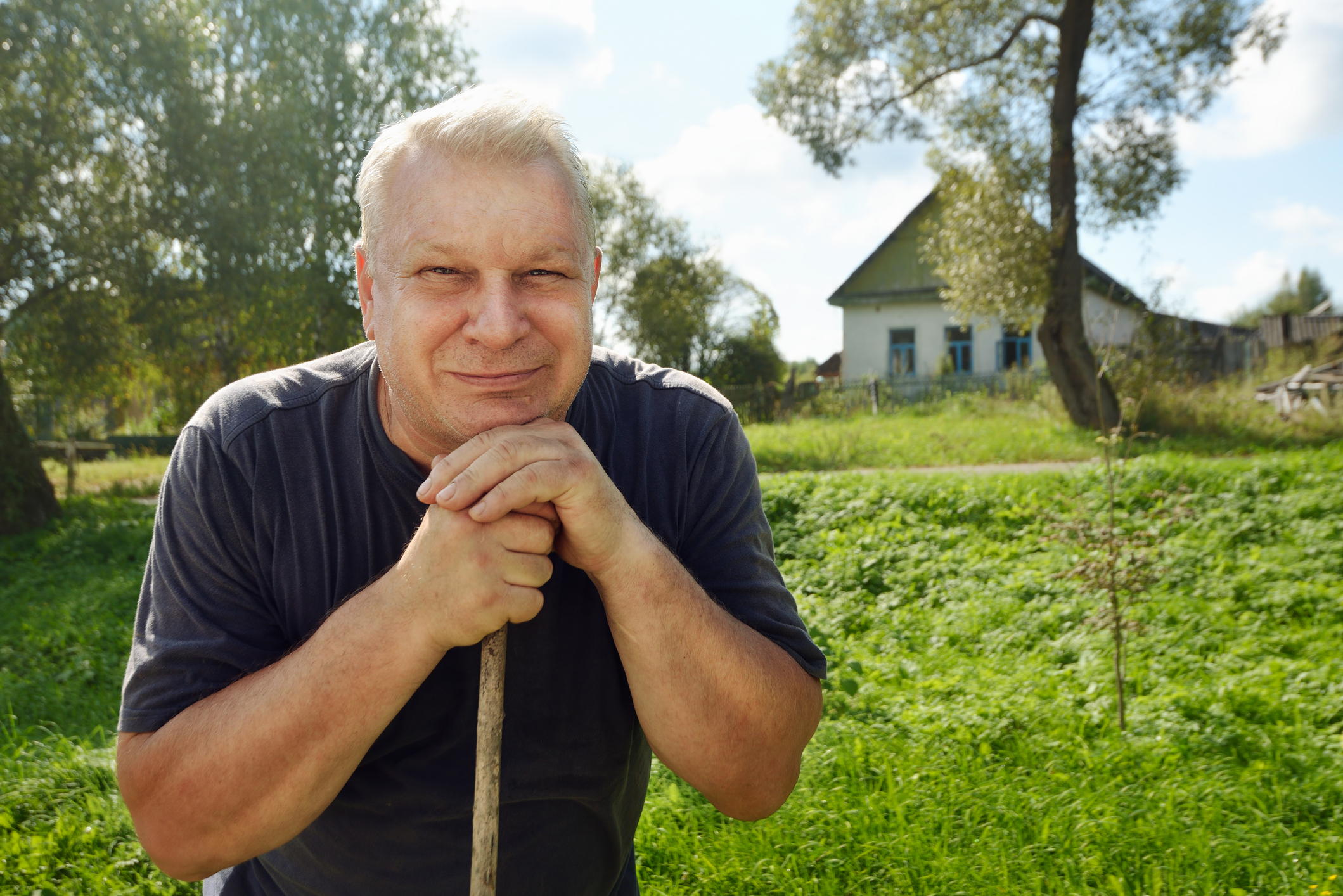
Country
 Eurasia
Eurasia


The Spiritual Need in Eurasia
One of the largest landmasses in the world is shrouded by an equally massive spiritual void. Nearly 142 million people live throughout 6.6 million miles in Eurasia, and yet, an emptiness pervades the region. The International Missions Board estimates that of its 96 people groups, 93 are unreached. State-sanctioned atheism from the days of communism has left many Eurasian peoples searching for true meaning and purpose. Materialism, substance abuse, achievement, and self-satisfaction are commonly used as a refuge from this void, but they eventually end in depression, addiction, and hopelessness.
The region is still undergoing social and political change since the upheaval of the 20th century. While the immigration of new peoples from Central Asia and East Asia has created an influx of religious activity and new belief systems such as Islam and Buddhism, religious freedom is limited. In contrast with biblical Protestantism, much of Eastern Orthodoxy is essentially a dead faith. Eurasia’s long and turbulent history with Christianity also means a lack of trained church leaders and limited accessibility for new ministry workers desiring to share the gospel.

Church Planting In Eurasia
Despite these massive challenges, the gospel is taking root in communities all over Eurasia. Working alongside our Eurasian teammates, ABWE is reaching the unreached through creative, national church-based ministries and innovative outreach approaches. Our substance abuse recovery ministry, nearly fully-funded by a local church, has seen amazing success as it provides for basic needs and continuously exposes participants to God’s word as they work through the recovery process. And God has blessed our church-planting efforts with two new church plant sites.
Additionally, the Church Ministries Institute has enabled scores of local churches to train and educate their leaders and members. Based in Ukraine, but with online courses available so that students from neighboring countries can remain within their current location and ministries, it is a model of quality theological education in the local church context. Having received biblical education and practical ministry skills, our graduates are effectively serving in local churches across Eurasia.
To continue this momentum, we need additional missionaries who have a passion for evangelism, church planting, mentoring church leaders, drug and alcohol rehabilitation, and exploring creative ways to meet the spiritual needs of unreached peoples.
Is God leading you to bring hope and truth through missions work and church planting in Eurasia?